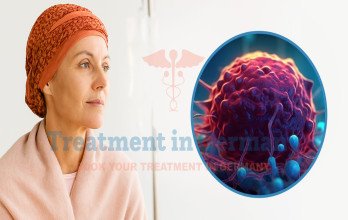
Germany offers advanced breast cancer treatment options, including TACE, TACP, and Dendritic Cell Therapy, helping patients achieve better recovery outcomes.

Prostate cancer patients can access TACP, Dendritic Cell Therapy, Lutetium 177 PSMA and Actinium 225 PSMA in Germany, offering innovative treatment options for international patients.

Explore Stage 4 breast cancer treatment in Germany with dendritic cell therapy. TIG guides you to expert care and personalized immunotherapy options.
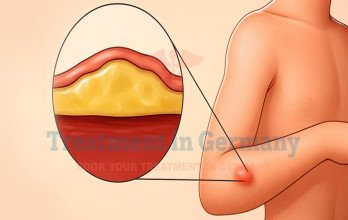
Soft tissue sarcoma patients can find advanced treatment in Germany with dendritic cell therapy. TIG helps connect them to expert and personalized care.
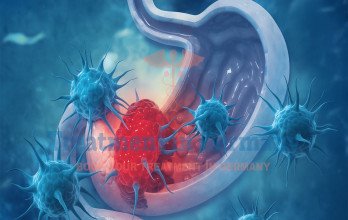
Dendritic cell therapy in Germany offers advanced care for stage 4 stomach cancer patients, helping strengthen the immune system to fight cancer naturally.
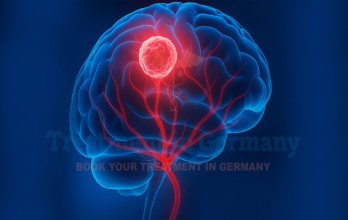
Stage 4 brain cancer patients can now access dendritic cell therapy in Germany, offering effective and innovative treatment options for international patients.
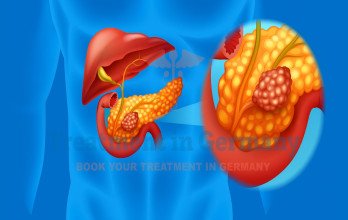
Stage IV Pancreatic cancer patients can access advanced treatment with dendritic cell therapy, offering new hope and personalized care options in Germany.
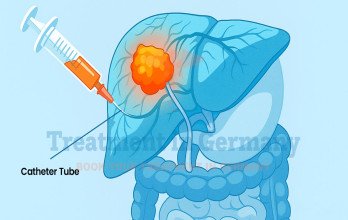
TACE Therapy in Germany targets stage 4 cancers with liver metastases, minimizing symptoms and enhancing patient outcomes. Expert specialists offer advanced care with comprehensive support for international patients.
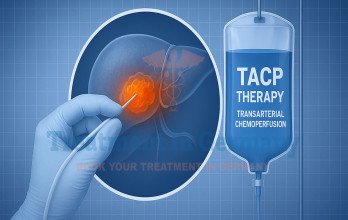
TACP Therapy in Germany targets stage 4 cancers, minimizing symptoms and enhancing patient outcomes. Expert specialists offer advanced care with comprehensive support for international patients.
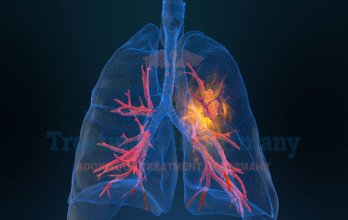
TPCE Therapy in Germany targets lung tumors, metastatic lung lesions, pulmonary nodules, and mediastinal tumors, minimizing symptoms and enhancing patient outcomes. Expert specialists offer advanced care with comprehensive support for international p...

Germany offers advanced care for stage 4 endometrial (uterine) cancer, with treatments like targeted embolization and dendritic cell therapy to improve patient outcomes.
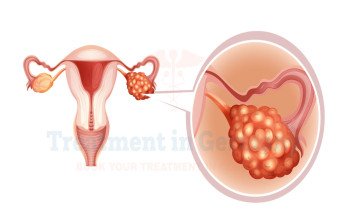
Germany offers advanced stage 4 ovarian cancer treatments like targeted embolization and dendritic cell therapy, helping improve patient outcomes.

Advanced stage 4 cervical cancer treatments in Germany include targeted embolization and dendritic cell therapy, offering effective, personalized care for patients.

Facing a stage 4 liver cancer diagnosis can feel daunting, but Germany offers hope through innovative treatment options tailored for advanced cancer patients.

A stage 4 colorectal cancer diagnosis can weigh heavily, but Germany offers hope with innovative treatments designed to fight this advanced disease.

.webp)
 (1).webp)

.webp)
 (1).webp)


.webp)
 (1).webp)

.webp)
 (1).webp)
